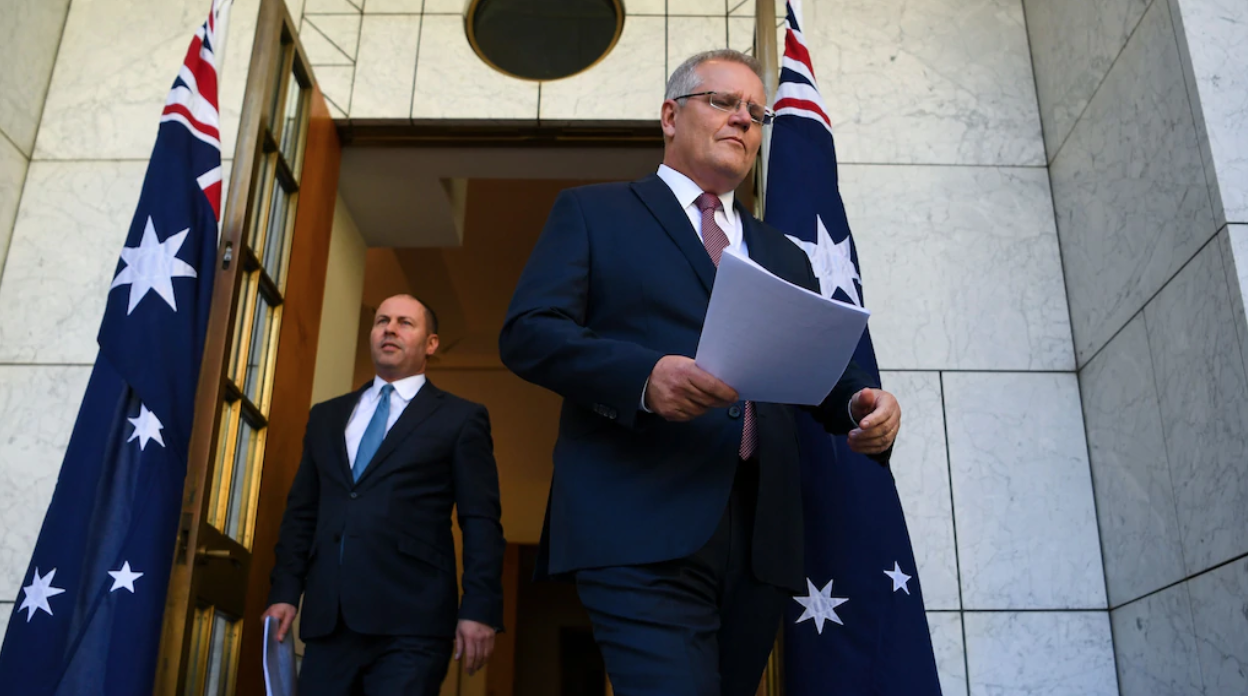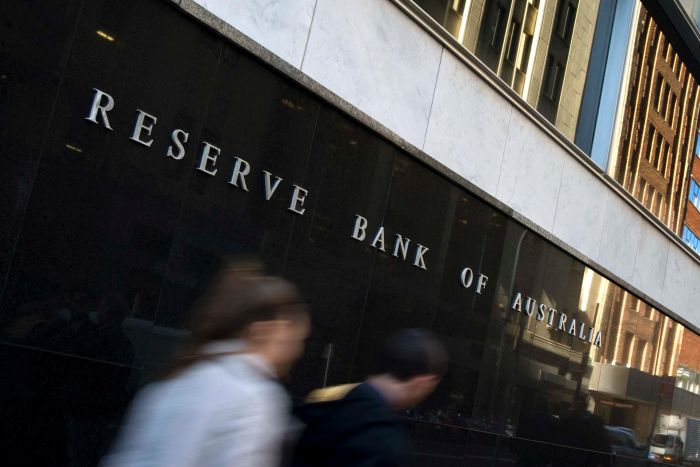On Friday 3rd of April the REA Group hosted a Webinar to provide an Economic Update on the Residential Property market, in light of the COVID-19 pandemic. The Webinar, hosted by the group’s Chief Economist Nerida Conisbee, provided facts and clarity on the current state of the property market in these uncertain times. Now, we are bringing the facts to you.
Nerida is regularly the voice of reason for property market insight in Australia, providing commentary for Sky News and other media outlets including digital, print, television and radio. She also provides content for REA Group’s websites including realestate.com and realcommercial.com
 Nerida Conisbee, REA Group Chief Economist. Source: REA
Nerida Conisbee, REA Group Chief Economist. Source: REA
Her Webinar was insightful and provided realistic facts about what we can expect to see in the Australian Property Market as we continue to face the challenges of COVID-19.
Her focal point was that unlike previous economic downturns, such as the Global Financial Crisis of 2007/8, this crisis is not financially led. “It is impossible to categorically declare how far property prices will fall due to COVID-19, but it’s important to remember the kind of situation we’re in, which is a health crisis resulting in a productivity crisis,” Nerida explains.
Though it’s understandable that many Australians expect to see the market behave as it did during previous economic downturns, it’s important to remember this significant differentiating factor. In light of this, there are a number of reasons why Australians shouldn’t expect to see house prices in freefall.
We are open for business.
Unlike other countries, we have not gone into a complete lockdown where business operations cease completely. At the moment, we are encouraged to stay home and can continue to work remotely, adapting where needed. As Nerida explains, we are in a productivity crisis, where we can’t work the way we normally do. If we were in a full lockdown, no one would be allowed out of their homes for weeks except strictly to access essential services, of which, real estate is not.
The government has our best interest at heart.
Other than lower the rate of infection and keep us all as healthy as possible, our Government has three main objectives:
- Stop job loss and support those who do lose their jobs;
- Support businesses and prevent bankruptcy;
- Ensure easy access to funds and protect the financial system.
Can this be achieved? Nerida believes, yes. “We have a strong finance system that has been equipped to handle non-performing loans and offer mortgage payment deferrals, at least in the short term. Though we don’t have unlimited funds to spend, we should be thankful our government has gone into this crisis with a surplus,” she said.
There are many, many stimulus packages being rolled out to help achieve these objectives. As of April, the Government has contributed 16.4% of the annual GDP. During the GFC, they contributed only 4%.
The Full Economic Response can be found in detail here.
 Treasurer Josh Frydenburg and Prime Minister Scott Morrison. Source: 7News
Treasurer Josh Frydenburg and Prime Minister Scott Morrison. Source: 7News
Banks are a Pillar of Support
As mentioned, the RBA have announced packages that will put downward pressure on borrowing costs for households and businesses, mitigating the adverse consequences of the Coronavirus on businesses.
In line with the record low cash rate, the RBA is providing $90 billion to the banks at a rate of 0.25%. This will reinforce the benefits of the low cash rate by reducing funding costs for banks, which in turn will help reduce interest rates for borrowers, ensuring a more affordable line of credit.
The Australians Banking Association has mandated six-month loan deferrals for virus-impacted, small to medium-sized businesses to ensure they can stay on track. Most financial institutions have also offered up to six-month loan holidays for their home loan customers. This allows these affected mortgage holders to pause their loan repayments for a limited time to help relieve pressure on household budgets.
“These measures are put in place to help hold off distressed sales that would amount far more quickly if not for them,” Nerida says. “There have been absolutely no signs of distress selling. House prices will fall in the short-term, only due to decreasing demand. We won’t see a nosedive because banks are not distressed. We need to ignore the negative forecasts for now. At the moment, the conditions and any further stimulus packages are too uncertain. We can expect to see more announcements that will directly affect the property market in the coming weeks.”
 The Reserve Bank has cut our cash rate to a record low. Source: ABC
The Reserve Bank has cut our cash rate to a record low. Source: ABC
Not every industry is in turmoil
Job loss is the biggest driver of how a community fares and Australia is undoubtedly experiencing rising levels of unemployment due to COVID-19. However, it is polarised to specific areas. “Tourism, entertainment and hospitality sectors have already shutdown and we are seeing the fallout on realestate.com.au with rising rental listings.” Nerida says.
On the other hand, some sectors will experience growth and arise stronger than ever.
“Quite obviously, employment in health services will grow in the short-term, but longer-term, there is likely to be increased investment in medical research, hospitals and medical centres. The same goes for government employment in Centrelink, the Australian Taxation office and the Department of Health. Already, we are seeing quite different search behaviours in Canberra compared to the rest of Australia. The one market that may again have a post-Global-Financial-Crisis-style silver lining is Perth due the large amount of industry, science, energy and resource work.”
 The COVID-19 crisis could be a boon for WA’s iron ore exports. Source: BusinessInsider
The COVID-19 crisis could be a boon for WA’s iron ore exports. Source: BusinessInsider
REA Website Data
REA are able to predict trends, based on the behaviour they monitor on their website. At the moment, here’s what they are picking up:
- Buyer search levels are the same as what they see around Christmas and New Year’s, the busiest time. There are plenty of buyers out there however they are less active due to the uncertainty of the situation moving forward.
- There was a 20% decrease in First Home Buyers across March. This is to be expected with the generally younger buyers typically being more vulnerable to changes happening and less risk adverse.
- There was a 1/3 drop in Investor Enquiry throughout March.
- International buyers have backed off almost completely, which is understandable given the state of many other countries.
If there are a few important factors to take away from Nerida's discussions, it’s that it is far too early to definitively call the market and that we should ignore the extreme forecasts for now. It’s also important to remember, that the Coronavirus Crisis is very different to the last three economic downturns, meaning we can’t expect to see the same trends and outcomes.
To stay upto date with all things COVID-19 and the residential property market, subscribe to our newsletter below.
View our response to COVID-19 here.
